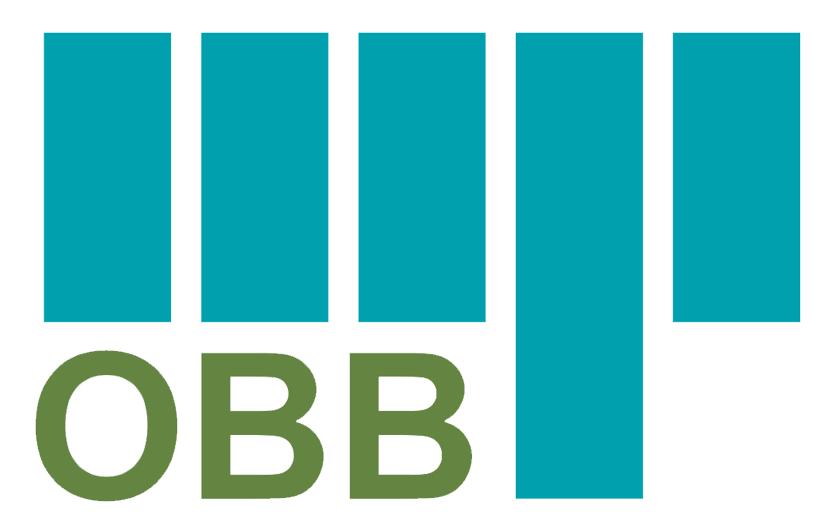The law in Ghana as it relates to Conflict of interest with respect to the legal profession was stated In the Ghanaian case of Addy York Co. Ltd v Noble Dream Financial Services and Kwadwo Owusu Sekyere (2017) JELR 63941 (HC) by Osei-Hwere J. Section 23 and 53 of the Legal Profession Act, 1960 (Act 32) confers powers on the General Legal Council to make rules to guide the professional conduct of lawyers. In exercise of the powers conferred by Act 32, the General Legal Council enacted the Legal Profession (Professional Conduct and Etiquette) Rule, 1969 (LI 613)[1]. This code of practice for the legal profession in Ghana briefly touched on conflict of interest. Rule 5(10) of LI 613 provided that “a lawyer shall at the time of retainer disclose to the client all the circumstances of his relationship to the parties and his interest in or connection with the controversy, if any, which might influence the client in selection of counsel. He shall avoid representing conflicting interests.” Nothing more was said on the subject.
The Black’s Law Dictionary, 9th edition, par 1843 defines conflict of interest as:“1. A real or seeming incompatibility between one’s private interests and one’s public or fiduciary duties. 2. A real or seeming incompatibility between the interests of two of a lawyer’s clients, such that the lawyer is disqualified from representing both clients if the dual representation adversely affects either client or if the clients do not consent.”
The law in England, as it relates to conflict of interest facing lawyers, is expressed in Bolkiah v. KPMG [1999] 2 AC 222, where Lord Millett stated as follows: “A [lawyer] cannot act at the same time both for and against the same client, and his firm is in no better position. A man cannot without the consent of both clients act for one client while his partner is acting for another in the opposite interest. His disqualification has nothing to do with the confidentiality of client information. It is based on the inescapable conflict of interest which is inherent in the situation.”
In Ghana, the subject of Conflict of Interest in the legal profession has been has been expanded in the newly enacted Legal Profession (Professional Conduct and Etiquette) Rules, 2020 (L.I. 2423) in Rule 20. Rule 20(14) of LI2423 defines “conflict of interest” as an interest that would be likely to adversely affect the judgment of the lawyer on behalf of, or loyalty to, a client or prospective client; or that a lawyer might prefer to the interest of a client or prospective client.
The key determinant in assessing whether or not the issue of conflict of interest may arise in a given lawyer-client relationship, is whether the lawyer’s independent professional judgment is, or would be influenced by another interest, i.e. is the lawyer likely to do something different from what he/she would do if that influencing factor were not present? If the answer is yes, then there is conflict.
Examples of conflict of interest include:
- Representing a client in a matter where the lawyer has personal interest (other than the expectation of getting paid legal fees) e.g. financial interest /family connection or being a beneficiary under a client’s will which you have drafted.
- Using or having access to information in the course of representation which you can use in an unethical manner
- In contentious matters when representing both sides in a dispute.
- In non-contentious matters, where the lawyer acts for “opposing” sides for example the lender and borrower in the same transaction (except where the parties in their mutual interest have consented to the representation).
- Representing the lender in a suit against a borrower that the lawyer represented in the transaction in respect of which the case arose. A lawyer is however not prohibited from acting for a borrower and a guarantor if in the same transaction, the guarantor is a borrower, a director of a borrower, a shareholder of a borrower, a beneficiary in a trust of which the borrower is the trustee; a party holding a beneficial interest in the borrower, a body corporate related to a borrower within the meaning of the Companies Act, 2019 (Act 992) , a director of a related body corporate; a shareholder of a related body corporate; or a party holding a beneficial interest in a related body corporate.
- Using information procured in respect of a customer of a bank whilst representing the bank and using that information against the customer in another matter.
- In respect of corporate clients, the conflict may also arise from the shareholders and directors in certain situations. Acting for the Government and the private sector party on a matter except where the parties in their mutual interest have consented to the representation; or
- in a Sales Agreement acting for a buyer and seller at the same time. In a land transaction acting for the seller of the land and buyer or directors land agency in a specific transaction involving the land agency and the buyer or seller
To help determine and prevent conflict, a lawyer must know his/her client, collect basic data on his/her client and conduct conflict of interest checks. If the client is a corporate client, the lawyer should have an idea of who the shareholders are. When the lawyer suspects that the issue of conflict of interest may arise in a given lawyer client relationship, and indeed the issue of conflict of interest does arise, the lawyer should inform the client of the potential conflict, and should not represent the client, unless, after a disclosure adequate to make an informed decision, the client or prospective client consents, unless the matter is a contentious one. Subject to the client’s consent, you may recommend an alternative lawyer or law firm to handle the matter.
[1] This has been repealed by the Legal Profession (Professional Conduct and Etiquette) Rules, 2020 (L.I. 2423)


